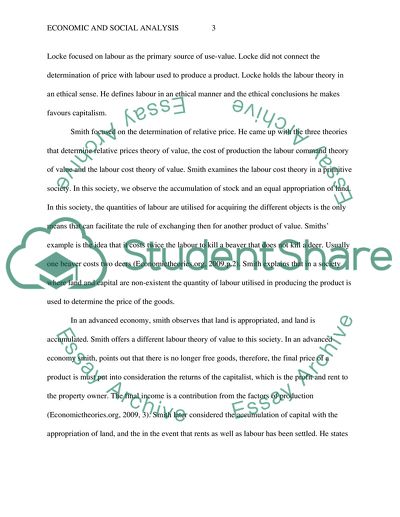Cite this document
(Comparison of Economic Theories Of Adam Smith and John Locke Assignment, n.d.)
Comparison of Economic Theories Of Adam Smith and John Locke Assignment. Retrieved from https://studentshare.org/macro-microeconomics/1765298-economic-and-social-analysis-compare-and-contrast-the-economic-theories-of-adam-smith-and-john-locke
Comparison of Economic Theories Of Adam Smith and John Locke Assignment. Retrieved from https://studentshare.org/macro-microeconomics/1765298-economic-and-social-analysis-compare-and-contrast-the-economic-theories-of-adam-smith-and-john-locke
(Comparison of Economic Theories Of Adam Smith and John Locke Assignment)
Comparison of Economic Theories Of Adam Smith and John Locke Assignment. https://studentshare.org/macro-microeconomics/1765298-economic-and-social-analysis-compare-and-contrast-the-economic-theories-of-adam-smith-and-john-locke.
Comparison of Economic Theories Of Adam Smith and John Locke Assignment. https://studentshare.org/macro-microeconomics/1765298-economic-and-social-analysis-compare-and-contrast-the-economic-theories-of-adam-smith-and-john-locke.
“Comparison of Economic Theories Of Adam Smith and John Locke Assignment”, n.d. https://studentshare.org/macro-microeconomics/1765298-economic-and-social-analysis-compare-and-contrast-the-economic-theories-of-adam-smith-and-john-locke.


